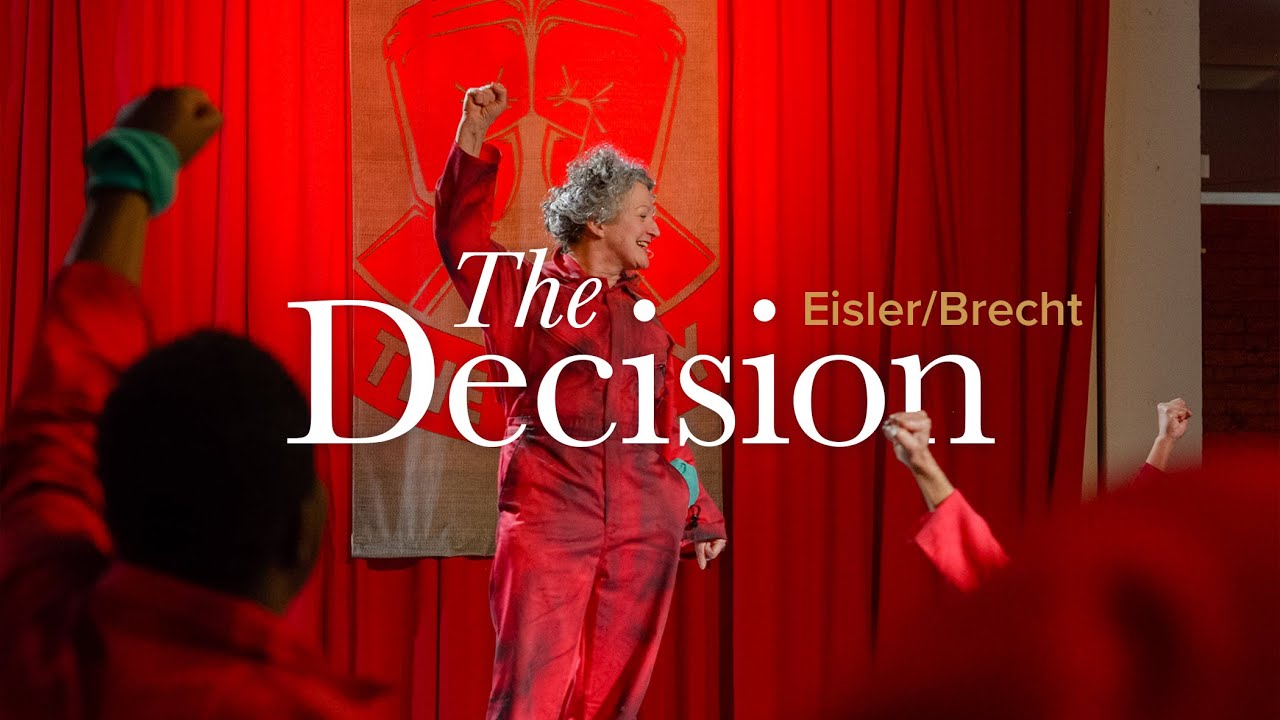

Thanks! Interesting to see people’s perspectives.
I’m curious about the class/settler analysis, since it seemed like people didn’t quite agree on that and I’m not really sure what to think myself.
Also I don’t think I would aim to be totally self-sufficient or such a large scale, don’t know if that makes a difference. But sounds like that may not be economically feasible from one person’s experience.









Interesting points, I could see the claustrophobia really becoming a problem.
What I had in mind was much smaller scale and not totally self sufficient, probably just aiming to grow a significant percentage of what we eat and share housing/land responsibilities and costs. But I’m also not the one with the know-how and there’s just been mumblings about it, not solid serious discussion.